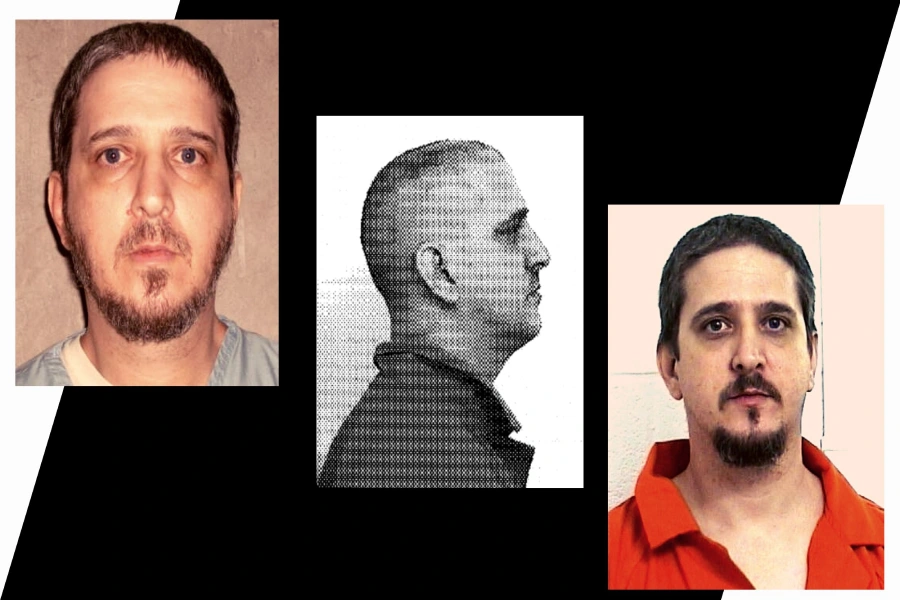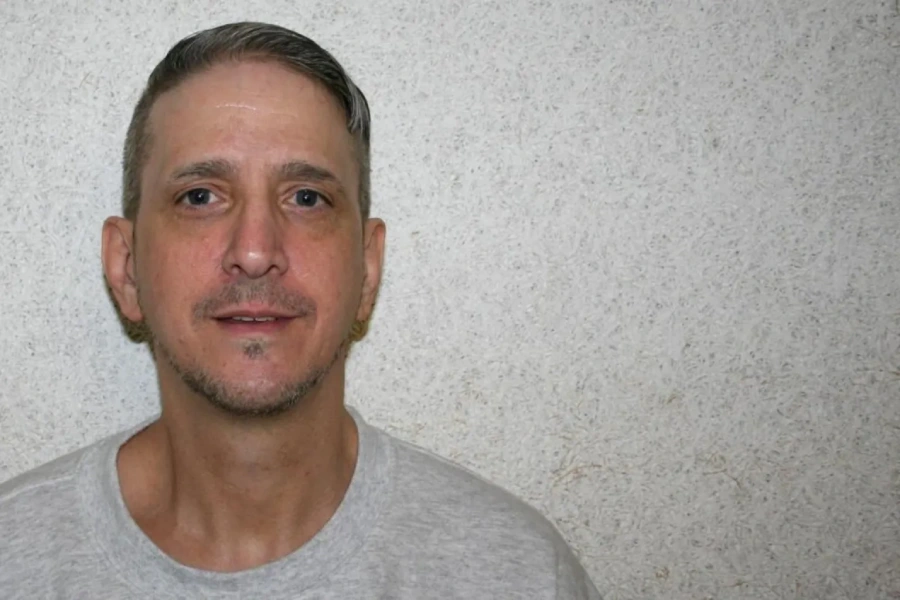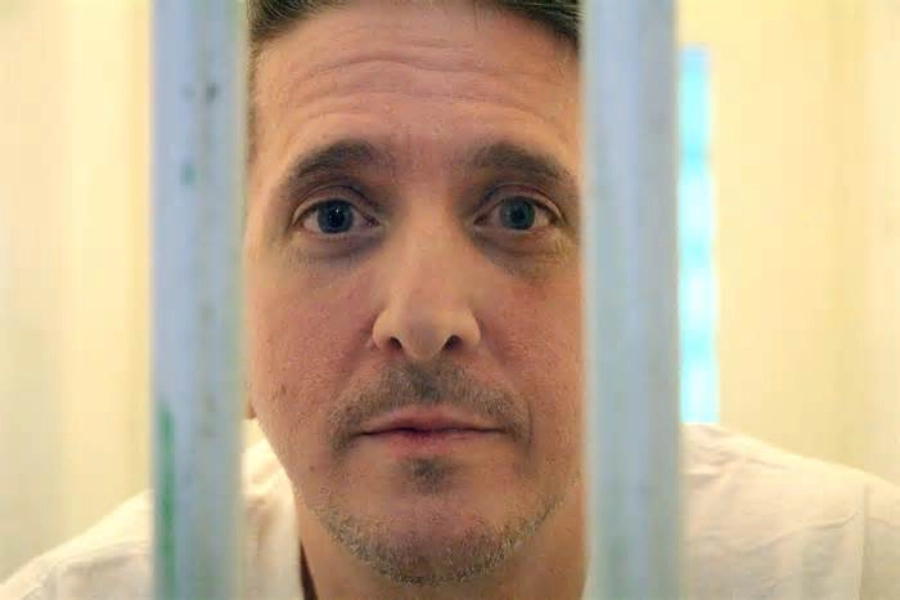Richard Glossip’s decades-long legal battle shines a spotlight on the critical role of criminal defense attorneys in the American justice system. His case exposes systemic flaws, the importance of legal precision, and the delicate balance between securing justice and preventing wrongful convictions. This article explores key lessons from Glossip’s case every defense attorney should understand.

Timeline of the Richard Glossip Case: Convictions, Appeals, and Controversies
In 1997, Richard Glossip was convicted for the murder of motel owner Barry Van Treese in Oklahoma. Both of his convictions were later overturned due to prosecutorial misconduct, including false testimony and failure to disclose evidence violations of Glossip’s constitutional rights.
Despite these setbacks for the prosecution, Oklahoma’s Attorney General’s office pursued a third trial in 2025, this time seeking conviction without the death penalty. Notably, Glossip has faced nine scheduled execution dates, many narrowly avoided, making this one of the most controversial death penalty cases in recent U.S. history.
The Role of a Criminal Defense Attorney in Complex Death Penalty Cases
At the heart of this saga is Glossip’s defense attorney, Don Knight, who has persistently advocated for justice. Knight claimed that in 2023 an email agreement was reached with Oklahoma Attorney General Gentner Drummond to release Glossip in exchange for a guilty plea to a lesser charge of accessory after the fact. This plea deal would have acknowledged time served and led to Glossip’s immediate release without additional supervision.
However, despite the Attorney General’s email stating, “We are in agreement,” no formal signed contract was ever finalized. The state later argued that the email was only a preliminary understanding, not legally binding.
This dispute highlights the indispensable role of defense attorneys—not only in courtroom advocacy but also in ensuring that legal agreements are clearly documented and enforceable.
Why Legal Precision Matters: Navigating the Intersection of Criminal Law and Contract Law
This case reveals a crucial legal principle: plea agreements must be formalized through signed, enforceable contracts to protect defendants’ rights. Informal agreements communicated via email or verbal understanding may lack legal enforceability and expose defendants to renewed prosecution.
Defense attorneys must be meticulous negotiators, ensuring all agreements are properly documented and approved. In Glossip’s case, the contested email agreement exposed the risks of relying on preliminary understandings rather than binding contracts.
Protecting Defendants’ Rights: The Multi-Dimensional Role of Criminal Defense Attorneys
A criminal defense attorney’s responsibilities extend well beyond courtroom arguments. Their duties include:
-
Investigating prosecution evidence for errors or constitutional violations
-
Negotiating favorable plea bargains when appropriate
-
Challenging unlawful evidence and prosecutorial misconduct
-
Safeguarding clients’ constitutional rights at every stage
-
Explaining complex legal issues clearly to enable informed client decisions
The persistence of Glossip’s defense team exposed prosecutorial errors, resulting in multiple overturned convictions. Without skilled legal counsel, an irreversible miscarriage of justice may have occurred.

Broader Implications: What the Glossip Case Teaches About Justice and Death Penalty Defense
Glossip’s case is a stark reminder of the criminal justice system’s potential vulnerabilities and the vital safeguard role of defense attorneys. Plea deals offer defendants opportunities to avoid lengthy trials and severe sentences, but only if they are formalized and enforceable.
This case also highlights the unique challenges of death penalty litigation, where the stakes are life and death, and the margin for error is nonexistent.
Why Experience Matters: Choosing the Right Criminal Defense Attorney
Many top defense attorneys bring prosecutorial experience, offering valuable insights into the strategies and tactics of the opposition. For instance, attorneys like Jess Gambrell, who transitioned from felony prosecution to defense, leverage insider knowledge to provide a strategic advantage.
When selecting criminal defense counsel, consider these critical factors:
-
Relevant experience in complex felony or capital cases
-
Proven track record in plea negotiations and trial victories
-
Deep understanding of criminal procedure and appellate law
-
Clear and transparent communication
-
Strong reputation within the legal community
Conclusion
The Richard Glossip case exemplifies how a skilled criminal defense attorney can influence justice outcomes. It underscores the razor-thin line between wrongful conviction and freedom and highlights the indispensable value of experienced legal advocacy.
For anyone facing criminal charges—especially in capital cases—this case serves as a powerful reminder: the right defense counsel can be the difference between hope and despair.
FAQ
Can criminal defense attorneys overturn wrongful convictions?
Yes. Experienced attorneys identify constitutional violations and procedural errors that can lead to retrials or overturned convictions.
What happens if a plea deal isn’t formalized in writing?
Without a signed agreement, defendants risk retrials or losing negotiated benefits.
Why should you hire a criminal defense attorney immediately after arrest?
Early legal intervention protects your rights, prevents mistakes, and lays the groundwork for a strong defense.
How do defense attorneys handle death penalty cases?
They develop comprehensive defense strategies, challenge prosecutorial misconduct, and explore every legal option to protect their clients’ lives.

